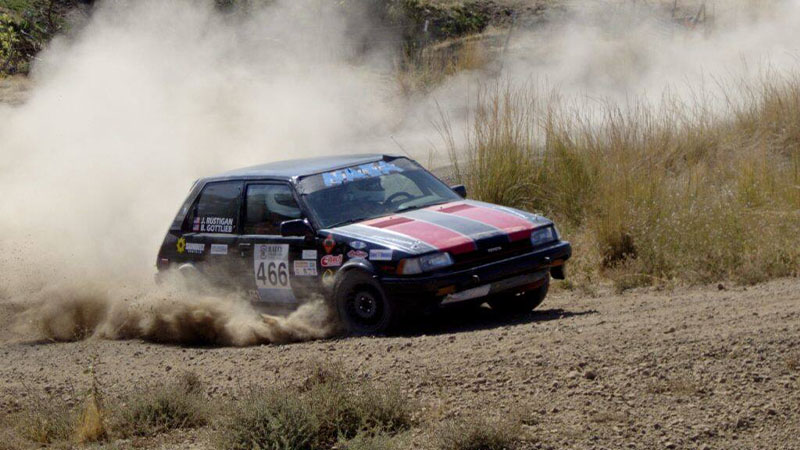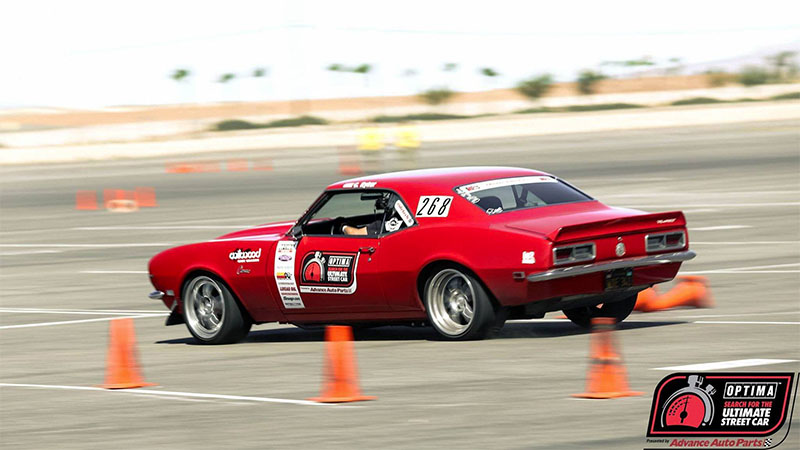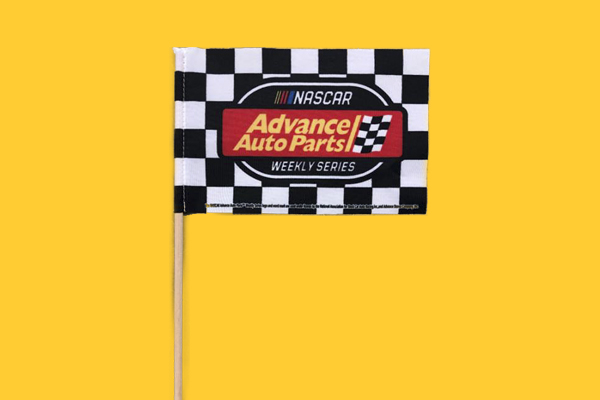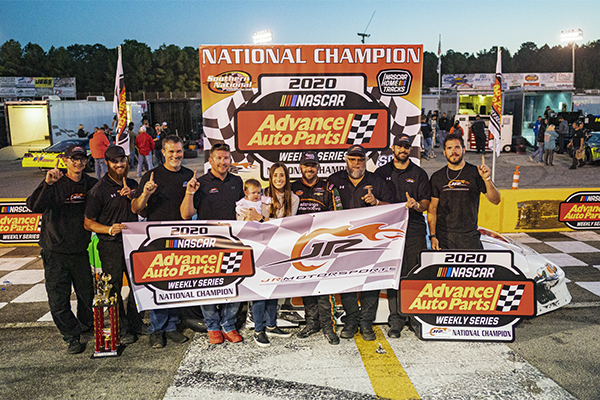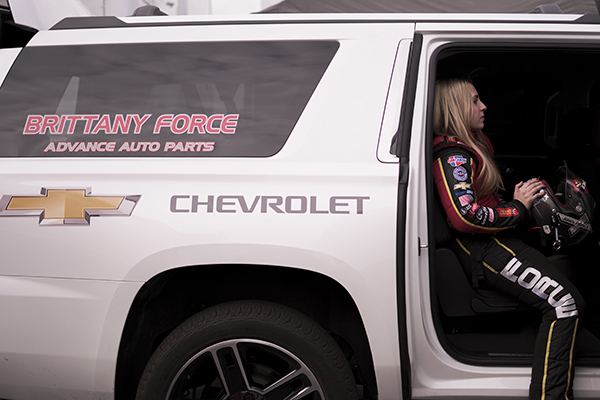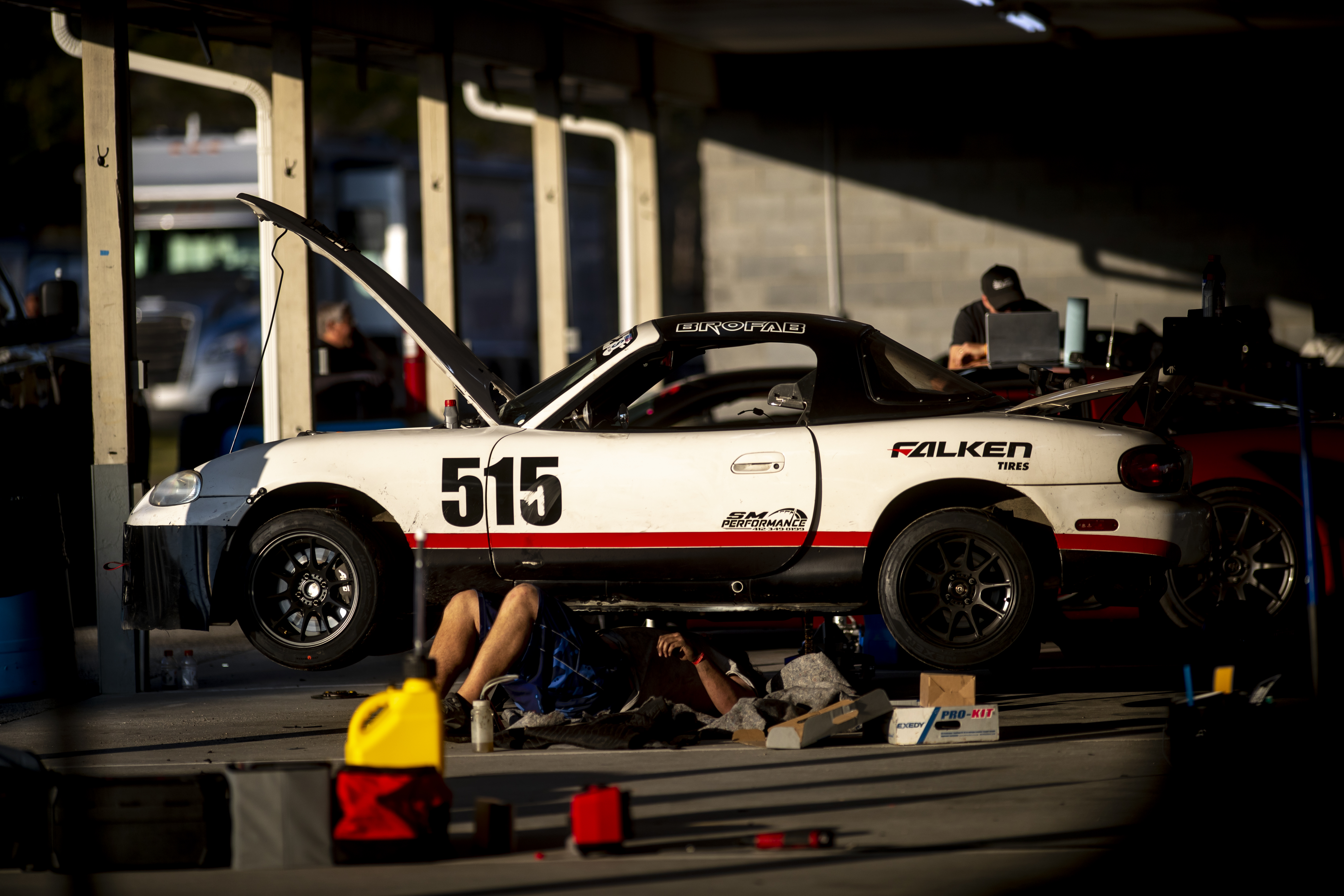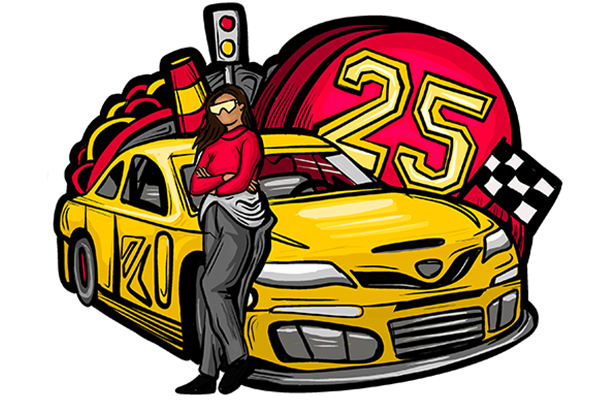Rally racing looks like a blast, but the costs often seem prohibitive to drivers with a casual interest. What many don't realize is there's a rally for everyone, from affordable local charity drives to national competitive events. They can be a great way to test your driving chops, put your car through its paces, and have some fun! Here's a guide to (legally) experiencing competition from the driver's seat.
Local rallies
Your local rally is a timed event covering a predetermined course. Rather than racing competitors to the finish, the rally marshal has already run the course and determined what the speed and finishing time should be. Competitors travel the course at legal speeds, using their driving and navigational skills to get as close to the official time as possible. The closest driver wins the rally, with competitors sometimes separated by seconds. This type of rally is a time/speed/distance event. Think of it as an easy drive to a new destination, except you don't know where it is and you have to be on time. Other rallies are set up as mobile scavenger hunts, where each point along the route requires searching for objects. Others require you to solve clues in order to figure out where to go. You should have a solid working knowledge of the area you're in before tackling those rallies. Regardless of the variations, this is all you need to compete:
- A street-legal vehicle
- A licensed driver (you!)
- A co-driver/navigator
- Solid teamwork
A stopwatch and GPS are likely needed to win but not required for participation. The low entrance fees—usually around $25—are often donated to a local charity or cause, so you can think of your driving time as doing a good deed. Of course, donating more than the entrance fee is always appreciated.
National events
If you need more speed on your drive, check out one of the national rally events. Endurance rallies like the new Baja 4000 are proving popular with the off-road crowd. It even has a Spirit category for "highly unsuitable vehicles," where they encourage mutant cars, lemons, and ice cream trucks.
The street and track enthusiasts have more options, though, as Hot Rod magazine's Power Tour cuts through different regions of the United States every year. There's also the Ultimate Street Car Association, which hits up tracks around the country. While there are no scavenger hunts, the behind-the-wheel competition can be intense. The Power Tour event is an annual nationwide search for the ultimate street-legal vehicle. Rather than demanding maxed-out race cars with plates, USCA rules state that competing vehicles must be better in every way, not just acceleration: “Reach the highest performance on the track, contain features that allow it to be driven daily, achieve high-quality fit and finish, and involve the use of innovative and cutting edge ideas and parts." Air conditioning and emissions equipment are mandatory here, and comfy seats and Wi-Fi earn bonus points.
Events vary but include judging in a car-show format, examining design and engineering, an autocross course, a road race, and a start-stop event testing grip and braking. USCA vehicles must be able to complete a road rally at legal speeds, up to 100 miles in length. Like your local rally, this isn't a race, but it is still worth points in two days full of competition and speed.
A road rally is a great way to get out there and enjoy your ride while supporting a cause, or for an exciting weekend at a race track.
Have you ever competed in a rally? Share your experience and tips for winning in the comments.
